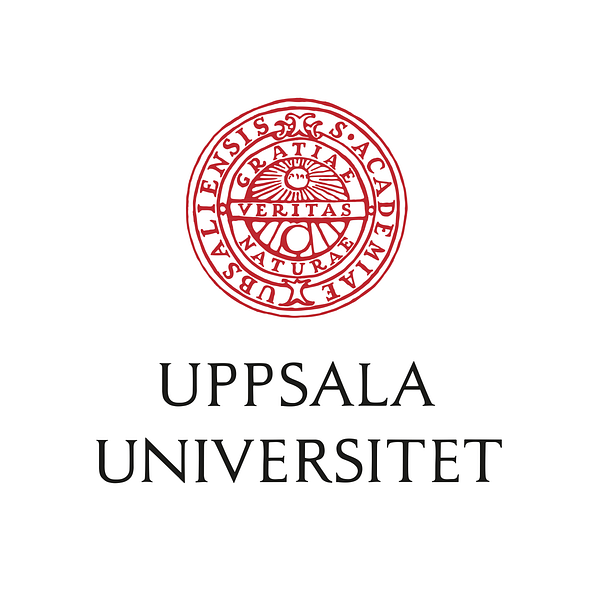Swedish to English translation
"Deadly" mutation made tuberculosis bacteria resistant to antibiotics
Press release • Jan 27, 2020 21:00 CET
It is a major problem that many tuberculosis bacteria have developed resistance to antibiotics. In a new research article, a group of researchers at Uppsala University describe how tuberculosis bacteria carrying a mutation that should actually kill them are committed to survival. The same trick that keeps the bacterium alive also makes it resistant to an important type of antibiotic.
Tuberculosis (TB) kills at least 1.5 million people a year. A normal treatment requires four different antibiotics taken over several months. If one of the drugs does not work, there is a great risk that the entire treatment will fail. Unfortunately, antibiotic resistant TB is very common globally. For a successful treatment, it is important to quickly determine which antibiotics the TB bacteria are susceptible to. This diagnosis usually took several weeks, because TB bacteria grow very slowly. Nowadays, it is possible within a few days to sequence bacterial DNA and predict which antibiotics it will be susceptible to.
Recently, researchers at Uppsala University discovered that many clinical TB bacteria contain "reading frame mutations" in a gene that creates an important protein, RpoB. This protein is the target of a very important TB antibiotic, rifampicin. This type of mutation should have killed the bacteria, but they were still alive when obtained from TB patients receiving antibiotic therapy. Diarmaid Hughes's group at the Department of Medical Biochemistry and Microbiology at Uppsala University decided to isolate a similar mutant in E. coli, a bacterial species that is less dangerous and easier to experiment with. Their goal was to discover how a bacterium can survive with a "frameshift mutation".
Three researchers, Douglas L. Huseby, Gerrit Brandis and Lisa Praski Alzrigat, succeeded in isolating a 'frameshift mutation' in RpoB and, through experiments, were able to figure out how the bacteria could stay alive. They found that the mutation created a special sequence of rare "slippery" codons in the RpoB gene, and when the ribosome (the machine that makes protein by reading the genetic code) reached it, it often slipped on that sequence. This slippery reading of the genetic code suppressed the effect of the "deadly reading frame mutation" and allowed the bacteria to survive. But that was not all. Due to the "suppression", the RpoB protein mutated and this caused the bacteria to become very resistant to antibiotic rifampicin.
There are important lessons to be learned from this work. One is that obviously deadly mutations are not always deadly because the bacteria may be able to "suppress" the mutation and stay alive. In this case, the mutation also causes resistance to an important antibiotic against TB. Another, perhaps more important lesson, is that a diagnosis based on reading a DNA sequence is only as good as our ability to correctly interpret the meaning of the sequence. In fact, these types of "deadly" mutations that should not be possible are surprisingly common in clinical bacterial isolates, not only for TB but also for other infections, suggesting that many of them can also be suppressed.
Antibiotic resistance by high-level intrinsic suppression of a frameshift mutation in an essential gene, PNAS, DOI: 10.1073 / pnas.1919390117
For more information contact Diarmaid Hughes, professor at the Department of Medical Biochemistry and Microbiology, Uppsala University, tel: 018-471 45 07, e-mail: diarmaid.hughes@imbim.uu.se
Uppsala University - quality, knowledge and creativity since 1477. World-class research and high-quality education for global benefit to society, business and culture. Uppsala University is one of Northern Europe's highest-ranking educational institutions. www.uu.se
